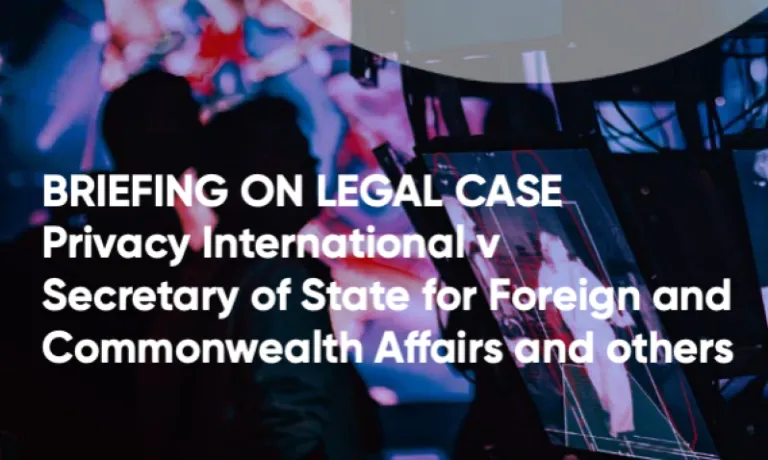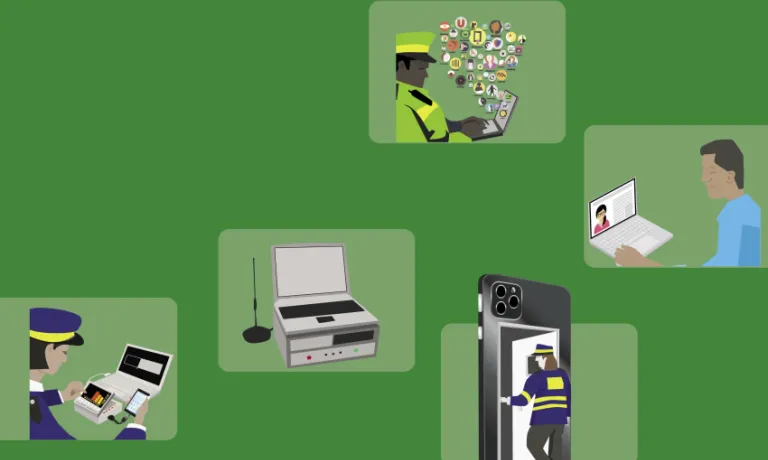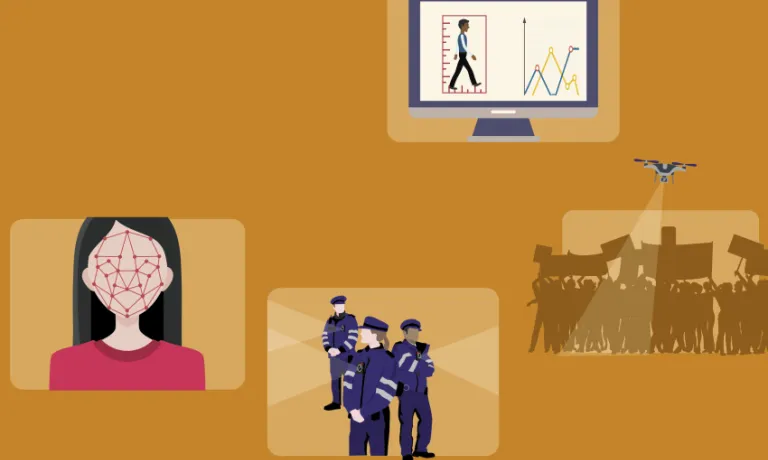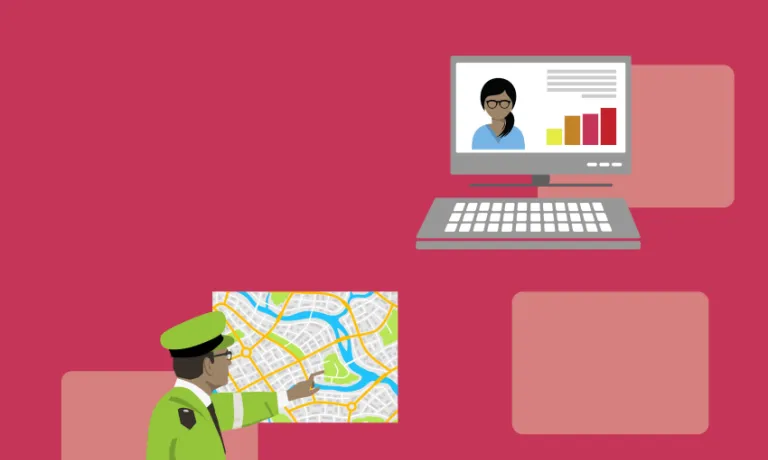
Long Reads

If you’re in the UK you may know Bounty as the company that distribute packs of samples to pregnant women at midwife appointments. They’re also the ones that were found to have illegally shared the data of over 14 million mums & babies with 39 companies.

This articles explores the use of digital loan Apps in Philippines and Kenya and highlights some of the common concerns that emanate from the unregulated use of such Apps.

This piece is a part of a collection of research that demonstrates how data-intensive systems that are built to deliver reproductive and maternal healthcare are not adequately prioritising equality and privacy.

Privacy International bought a TECNO smartphone, and we discovered serious concerns with the phone’s operating system and pre-installed apps.

Companies selling diet programmes are using tests to lure users. Those tests encourage users to share sensitive personal data, including about their physical and mental health. But what happens to the data? We investigated to find out.

Case: Privacy International v Secretary of State for Foreign and Commonwealth Affairs and others Last update: December 2022 Summary The UK Security and Intelligence Agencies (SIAs) – including Government Communications Headquarters (GCHQ), Security Service and Secret Intelligence Service – have been



